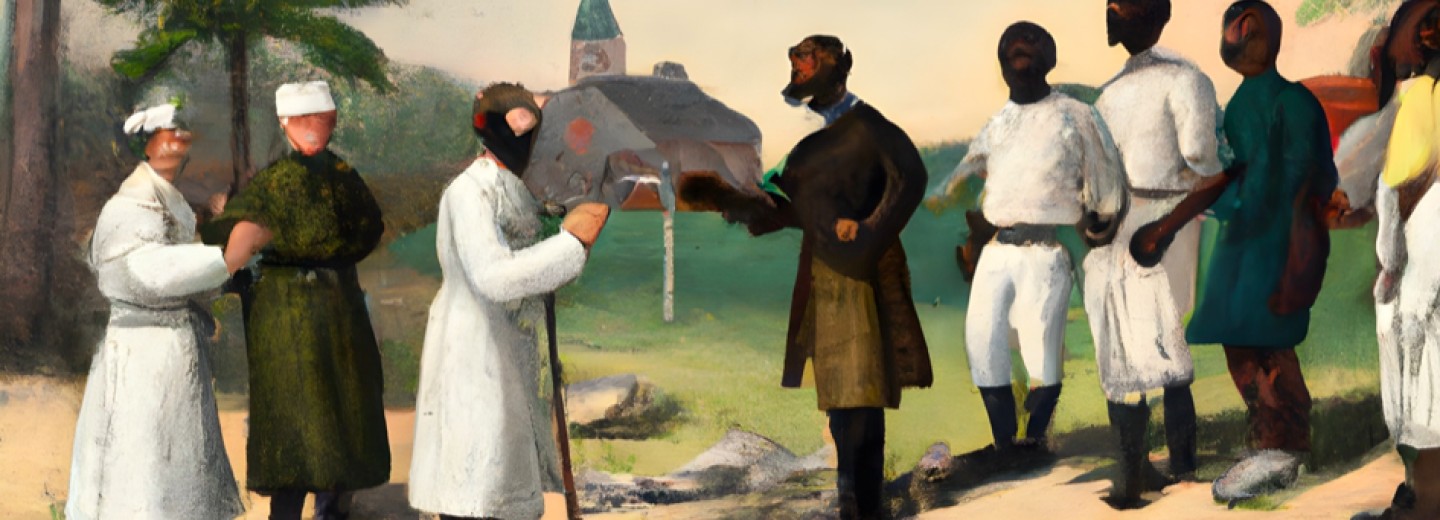Here we go again
This is the second post this week about how we all feel that our values are ‘right’ and those with different values are ‘wrong’. In a post in 2020, Modern Missionaries, I wrote about how politicians and the media in the Western world are still trying to convert the rest of the world to its values and beliefs as they did in ‘colonial’ times. It is alarming to see an advocate of this practice now proposing that the USA spy on places they suspect of human rights abuses.
In a recent article in Foreign Affairs, Sarah Yager, Washington Director at Human Rights Watch (HRW), argues that the USA’s 18 spy agencies should be tasked with collecting data on human rights abuses worldwide. “U.S. President Joe Biden and his national security adviser should make human rights an intelligence priority and invest in training an intelligence community that understands why and how human rights are essential for policymaking,” Yager proposes.
By way of justification, Yager quotes an incident from the Obama administration: “In 2014 in Burundi, for instance, the intelligence community highlighted the possibility of mass violence before the 2015 elections. As a result, the U.S. government was able to adjust its diplomacy and put resources into preventing bloodshed.”
Even though one might think Burundi’s affairs are none of the USA’s business, using its intelligence agencies to help prevent bloodshed may seem justifiable. But Yager goes on to praise another initiative:
The Obama administration made a similar effort to gather intelligence on the state of democracy around the world in preparation for a strategy to counter authoritarianism.
In other words, ‘regime change’.
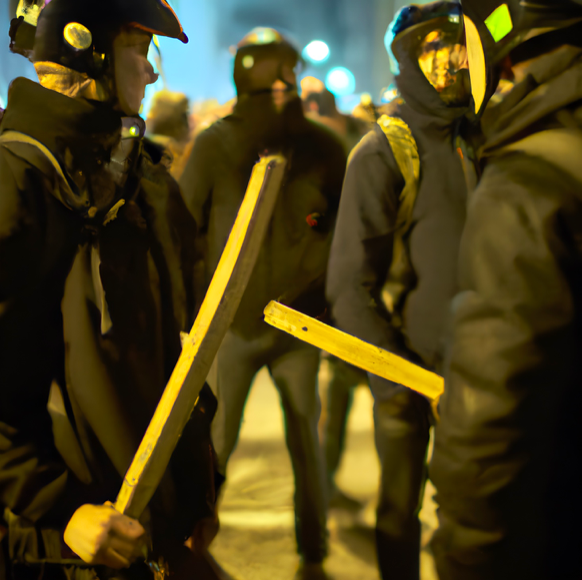
Yager’s mission derives its mandate from the United Nations Universal Declaration of Human Rights (UDHR), agreed upon in 1948. The Western world has evangelised UDHR. As I pointed out in Modern Missionaries, over half of the nine Committee members who designed it were from Western, formerly colonial, countries. Two others obtained their education wholly in the USA. The Committee contained no one from the Indian sub-continent, Africa, or Southeast Asia. There were no Muslims, Buddhists, or Jews. It was a Western-educated, Christian committee.
This self-imposed global role is depressingly similar to the Great Commission that justified the work of Western colonial missionaries. The Great Commission originated from the instructions Jesus Christ gave his disciples before his ascent into heaven, as recorded in the New Testament. It is a central mission for the Christian faith, emphasising the importance of spreading the message of Jesus Christ and making new believers. The Great Commission is a call to evangelism, discipleship, and spreading the Gospel worldwide.
God had an only Son, and He was a missionary and a physician. A poor, poor example of Him I am. But in this work, I now live, and I bless His name for it.
David Livingstone
Like the Christian missionaries, HRW is a Western (USA) registered charity with global offices and affiliated charities that carry the HRW name and logo.
Values
I have no doubt that most missionaries were sincere and believed they had a ‘calling’ from God. They thought salvation and eternal life were only possible by accepting Jesus Christ as one's saviour. They often had compassion and love for all people. They considered their faith to be the ultimate truth. They saw some practices and beliefs of other cultures as misguided or sinful and felt responsible for introducing what they believed to be superior values and behaviours. Some were motivated by a desire to bring about social change and improve the lives of people they encountered.
Similarly, HRW describes itself as a group of … "country experts, lawyers, journalists, and others who work to protect the most at risk, from vulnerable minorities and civilians in wartime to refugees and children in need. We direct our advocacy towards governments, armed groups, and businesses, pushing them to change or enforce their laws, policies and practices. We partner with organisations large and small across the globe to protect embattled activists and to help hold abusers to account and bring justice to victims.”
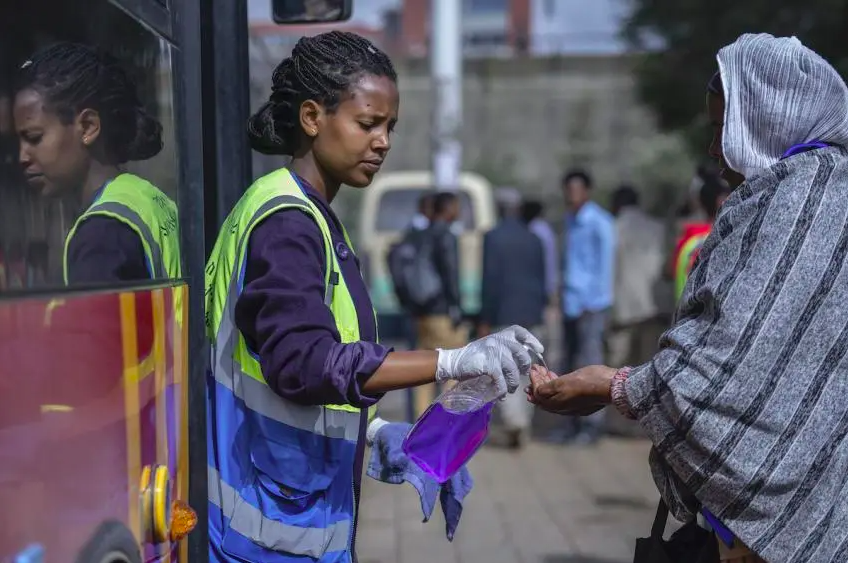
A volunteer provides hand sanitizer to passengers entering a bus as a precaution against the spread of the new coronavirus in the capital Addis Ababa, Ethiopia © AP Photo/Mulugeta Ayene
Sincere, passionate, with a global mission and ‘love for all’ and convinced by the truth of what they believe, both groups had and have noble intentions.
Unfortunately, these noble intentions led to abuse.
The missionaries
In North America, New Zealand and Africa, missionaries aided civil authorities in suppressing native spiritual practices, languages, and customs. Missionaries devalued indigenous languages and imposed Western education systems, dress codes, and social norms. This led to the erosion of traditional identities and cultural practices. Worse, missionary work sometimes supported the idea of racial hierarchy, reinforcing notions of Western superiority and the inferiority of native cultures.
Missionaries sometimes employed coercive tactics to encourage or force conversions. These included offering material incentives, such as food or medical assistance, conditional on adopting the Christian faith. Indigenous communities often had limited choices: accept Christianity or face marginalisation, exclusion, or violence.
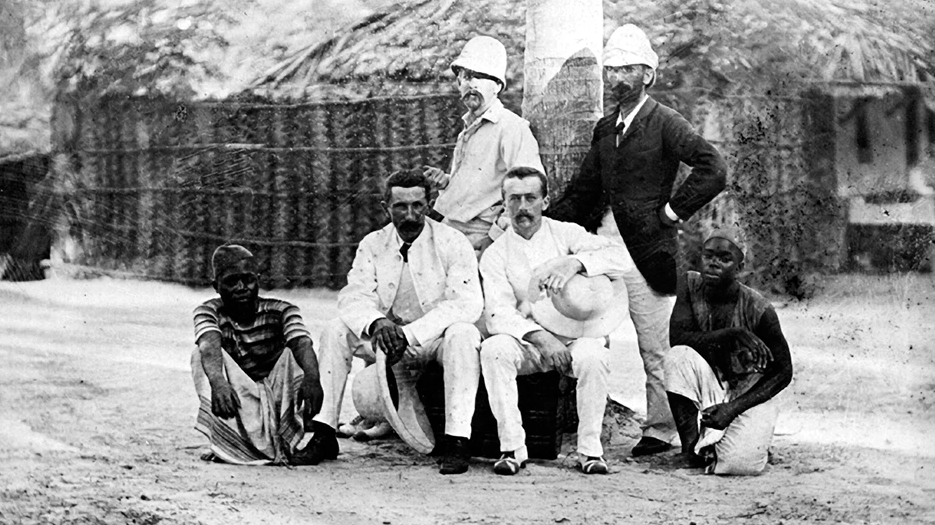
Image: Alice Seeley Harris / Panos Archives
In their paper on Missionary Mentality in Bechuanaland, Nkomazana and Setume write:
through misconceptions that saw education, commerce and trade as integral to their work, the missionaries tried to impose their Western cultural values on the Batswana (tribe). They thus adopted a Western superiority complex … and supported and facilitated foreign rule.
Human Rights Watch
Gary Leech writes in Critical Legal Thinking:
Not only does Human Rights Watch focus solely on civil and political rights, but it does so by approaching human rights from the perspective that all things globally are equal. In other words, it does not account for the grossly unequal power dynamics in a global society dominated by wealthy imperialist nations in the global North.
The Nobel Peace Summit writes:
Human Rights Watch, a group that claims to “defend the rights of people worldwide” has come under fire from two Nobel Peace Laureates and a hundred other scholars and human rights activists. Among the criticisms against Human Rights Watch is its ‘revolving door’ hiring policy from the US Government, its failure to denounce the practice of extrajudicial rendition, its endorsement of US military intervention in Libya and its silence during the 2004 coup d’état in Haiti.
A letter from the writers asks penetrating questions about HRW’s failures to condemn specific USA foreign policies. It continues:
The very existence of such questions regarding HRW’s advocacy should be reason enough to impose sharp restrictions on HRW’s close ties to the U.S. government.
The letter is from nine years ago. I do not know if HRW still has ‘close ties’ with the US government. But the fact that HRW still identifies with the USA and its values puts it in the same moral position as the colonial missionaries.
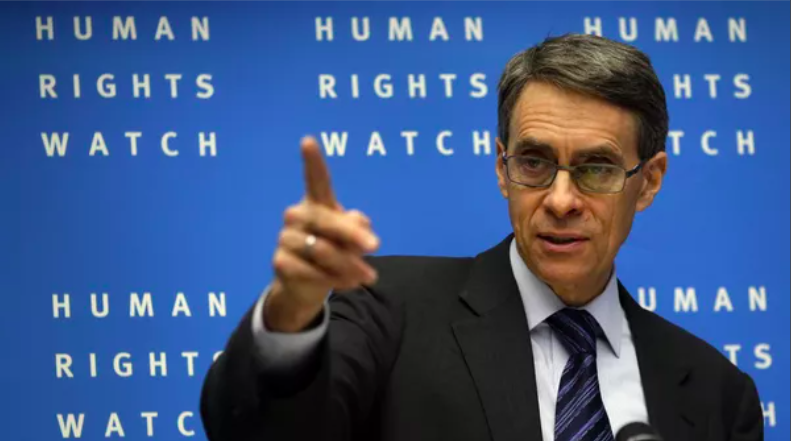
Conclusion
Evangelism is dangerous, however well-intentioned. No group has a monopoly on good ideas or moral values. There are no absolute truths. The USA, however powerful, cannot justify imposing its culture and values on others.
It is Orwellian to suggest that the USA’s 18 intelligence agencies spy on other countries to see if they are adhering to its specific values. Worse, it hypocritically contradicts the USA’s values of self-determination and freedom.
No wonder the rest of the world increasingly resists American imperialist ideas, just as it did those of colonial missionaries.
Worked on the article:

Wanlikhang


